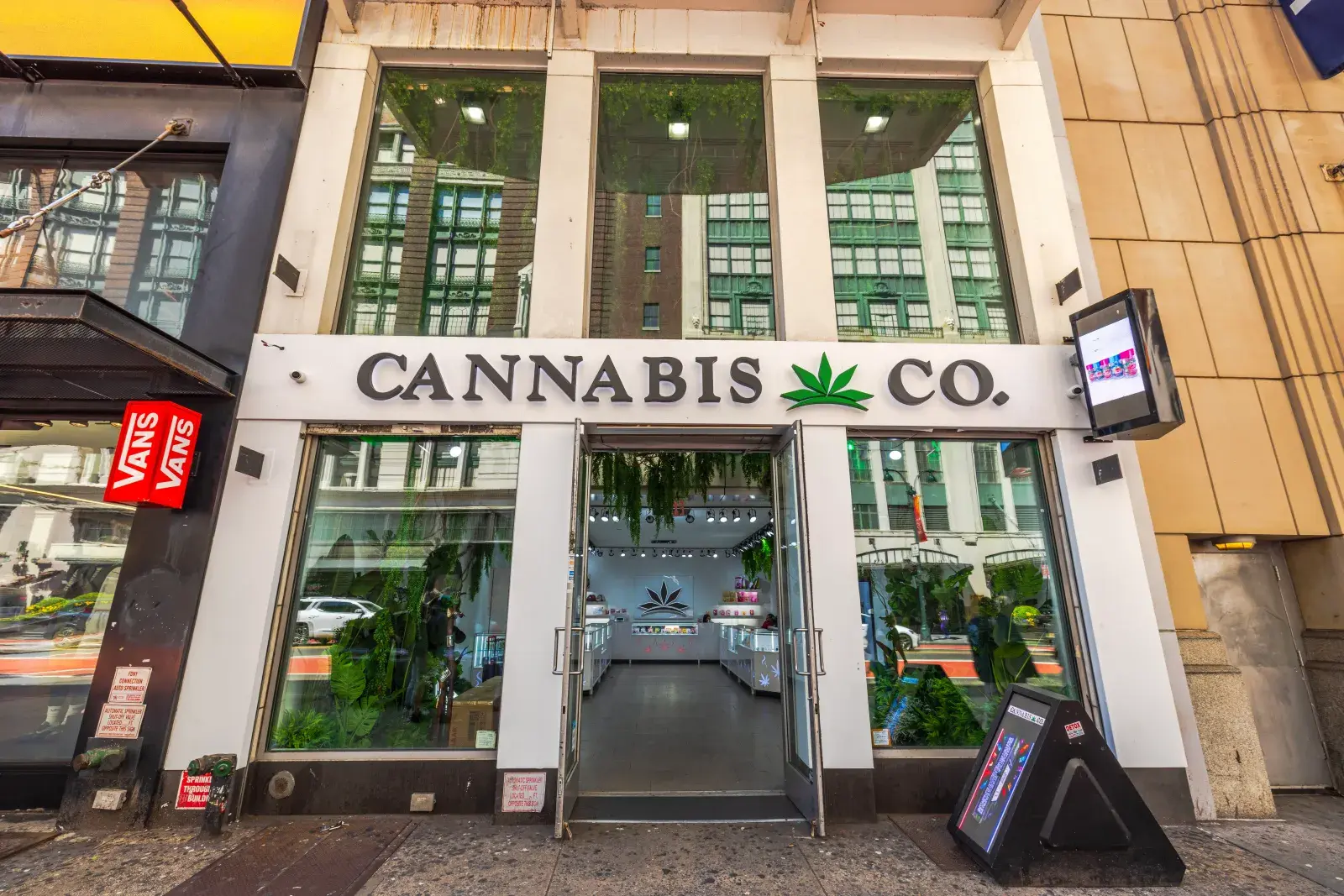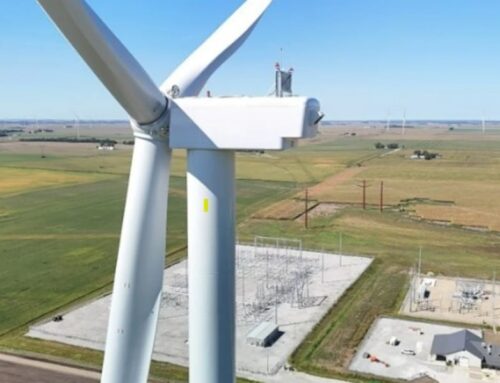Hemp ban: full list of THC-derived products that face being pulled
November 13, 2025
Part of the Senate-passed government funding bill that is set to end the showdown will see certain THC-infused products banned, as it will tighten legislation in the 2018 Farm Bill that legalized them.
The legislation would mean that nearly all hemp-derived THC, or tetrahydrocannabinol, products are removed from store shelves across the country next year.
The Senate passed the funding package on Monday, marking the first moment the U.S. government seemed close to end the shutdown after it became the longest in the country’s history.
The changes regarding THC products in the bill could impact around 95 percent of hemp businesses and cost $1.5 billion in lost tax revenue, according to the U.S. Hemp Roundtable, prompting such businesses and hemp advocates to call for action against the legislation.
However, others believe it is a good move by Congress. Jonathan Caulkins, a professor of operations research and public policy at Carnegie Mellon University, told Newsweek that “this change is a big deal and very positive.”

U.S. Senator Mitch McConnell, who authored the 2018 Farm Bill, said that the existing hemp definition had resulted in “an unintended consequence that has allowed for intoxicating hemp-derived synthetic products to be made and sold,” calling for changes to reflect “the original intent of the 2018 farm bill” by closing multiple loopholes.
Currently, companies are able to produce cannabis products that contain less than 0.3 percent delta-9 THC but a total THC concentration that exceeds 0.3 percent.
The new law would change that – preventing companies from having products containing a total concentration of THC over 0.3 percent, rather than focusing on the concentration of delta-9 THC.
It would also close other loopholes, such as the “derivatives loophole.” The legislation currently allows hemp businesses to take CBD (cannabidiol) derived from hemp and chemically convert it into derivatives like delta-8 THC.
In removing a number of loopholes, the new provision would ban products that are derived from CBD, products containing delta-8 THC from being sold at convenience stores, gas stations and online platforms, and products containing greater than 0.4 milligrams of THC in total.
As a result of the provision, almost every hemp-derived product on the market would be banned, as the 0.4 mg limit is extremely low and would affect most products, a national study by MoreBetter Ltd, a health and wellness analytics company, found.
Specifically, the following products would be banned:
- Gummies, chews, chocolates, baked edibles, vapes, oils, tinctures or any other product with any THC dose higher than 0.4 mg per package or container.
- Any consumer products containing delta-8 THC, delta-10 THC, HHC, and THCA.
For products that contain non-intoxicating CBD, they would remain legal, but again, only if they have less than a total THC of less than 0.4 mg per container. Industrial hemp fiber and grains would also not be impacted.
Jonathan Caulkins, a professor of operations research and public policy at Carnegie Mellon University, told Newsweek: “The loophole in the 2018 bill was inadvertent and ill-advised. Whatever one thinks about the wisdom or folly of cannabis legalization overall, no one except an ardent Libertarian wants the commercial sale of a dependence-inducing intoxicant to be completely outside the law and regulation. We at least want enforcement of rules about quality control and labeling, and most people think there should be some taxes and only differ on the rates. For obvious reasons, even most companies in the state-licensed/state-legal industry dislike intoxicating ‘hemp’ producers because they don’t like to have to follow rules and regulations that their competitors in the market get to flout.”
He added: “Intoxicating cannabinoids – like THC – do qualify as dependence-inducing intoxicants. The intoxication is different than with alcohol and the overdose risk is near zero, in contrast to opioids, but there are millions of Americans who report that their cannabis habits interfere with life, social, work, or school observations, that they have tried to cut back and failed. So they meet DSM-V criteria for substance use disorder with cannabis as the primary substance. So literally a dependence-inducing intoxicant, even if very different in its risk profile than other drugs, just as the risk profile for meth and fentanyl are very different from each other too.”
If passed as part of the broader funding bill, the provision regarding THC products would likely come into action in late 2026.
Search
RECENT PRESS RELEASES
Related Post


